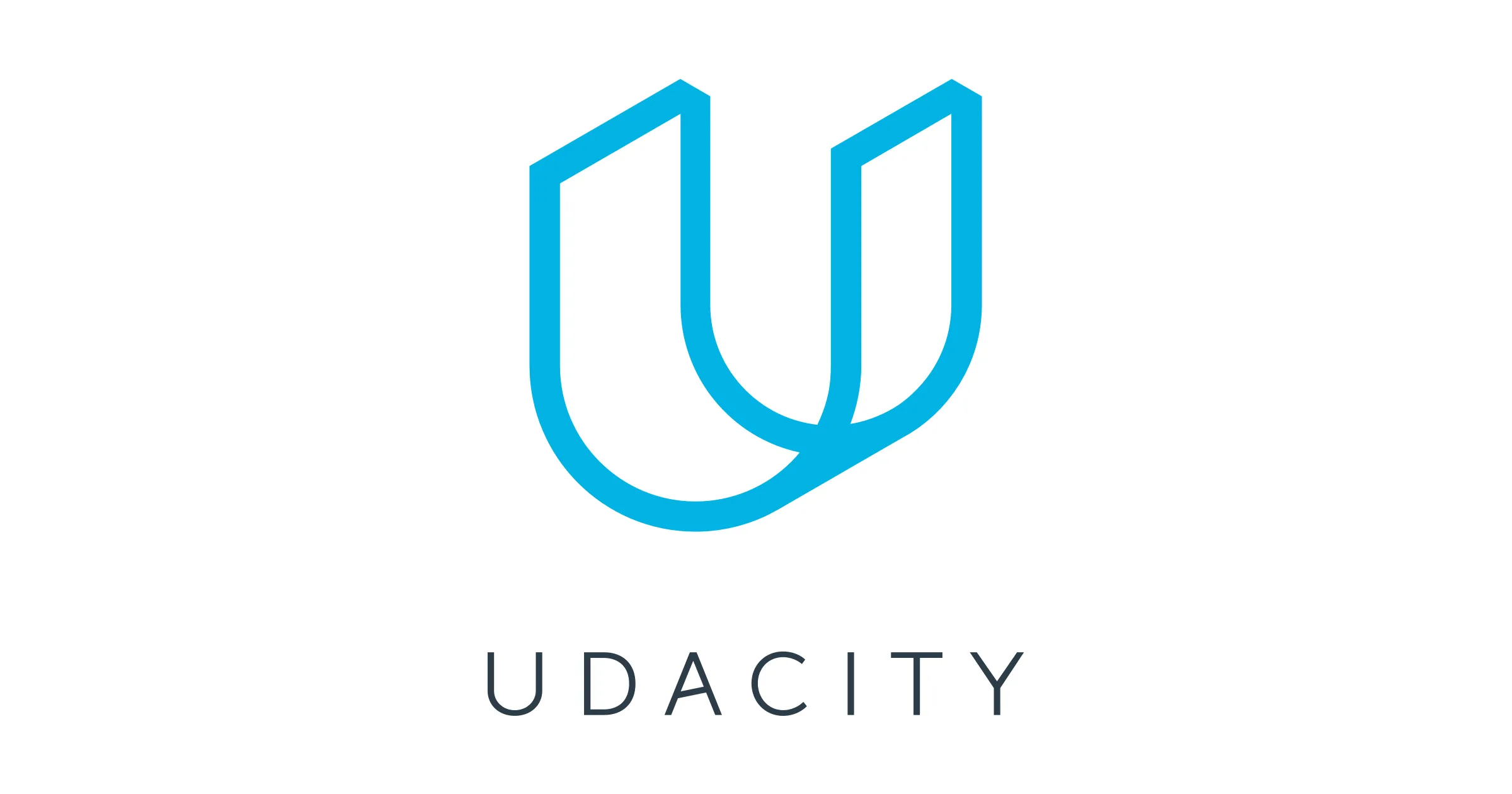
Compilers: Theory and Practice 
This course provides an introduction to the theory and practice of building compilers for higher level programming languages. Students will gain an understanding of the fundamentals of compilers and their applications. ▼
ADVERTISEMENT
Course Feature
![]() Cost:
Cost:
Free
![]() Provider:
Provider:
Udacity
![]() Certificate:
Certificate:
No Information
![]() Language:
Language:
English
![]() Start Date:
Start Date:
Self Paced
Course Overview
❗The content presented here is sourced directly from Udacity platform. For comprehensive course details, including enrollment information, simply click on the 'Go to class' link on our website.
Updated in [March 06th, 2023]
Compilers: Theory and Practice is an online course that teaches learners the theory and practice behind building automatic translators (compilers) for higher level programming languages. Learners will gain an understanding of the different components of a compiler, such as the lexical analyzer, parser, and code generator, and how they work together to translate a program written in a high-level language into machine code. Additionally, learners will learn how to engineer and build key phases of a compiler in Java or C++ for a small language. This course will also cover topics such as optimization techniques, debugging, and testing. By the end of the course, learners will have a comprehensive understanding of the theory and practice of compilers and be able to build their own compiler.
[Applications]
The application of this course can be seen in the development of compilers for various programming languages. Students who have taken this course can use their knowledge to create compilers for languages such as Java, C++, and Python. Additionally, they can use their knowledge to develop compilers for domain-specific languages, such as those used in web development, game development, and artificial intelligence. Furthermore, they can use their knowledge to develop compilers for embedded systems, such as those used in robotics and automation.
[Career Paths]
1. Compiler Engineer: Compiler engineers are responsible for designing, developing, and maintaining compilers for various programming languages. They must have a strong understanding of computer science and software engineering principles, as well as a deep knowledge of the language they are working with. Compiler engineers must also be able to debug and optimize code, and be able to work with other engineers to ensure the compiler is working correctly. This job is expected to grow in the coming years as more and more programming languages are developed.
2. Software Developer: Software developers are responsible for designing, developing, and maintaining software applications. They must have a strong understanding of computer science and software engineering principles, as well as a deep knowledge of the language they are working with. Software developers must also be able to debug and optimize code, and be able to work with other engineers to ensure the software is working correctly. This job is expected to grow in the coming years as more and more software applications are developed.
3. Data Scientist: Data scientists are responsible for analyzing large amounts of data and extracting meaningful insights from it. They must have a strong understanding of computer science and software engineering principles, as well as a deep knowledge of the language they are working with. Data scientists must also be able to debug and optimize code, and be able to work with other engineers to ensure the data is being analyzed correctly. This job is expected to grow in the coming years as more and more data is collected and analyzed.
4. Artificial Intelligence Engineer: Artificial intelligence engineers are responsible for designing, developing, and maintaining AI systems. They must have a strong understanding of computer science and software engineering principles, as well as a deep knowledge of the language they are working with. AI engineers must also be able to debug and optimize code, and be able to work with other engineers to ensure the AI system is working correctly. This job is expected to grow in the coming years as more and more AI systems are developed.
[Education Paths]
1. Bachelor of Science in Computer Science: This degree path provides students with a comprehensive understanding of computer science fundamentals, including programming, algorithms, data structures, operating systems, and computer architecture. Students will also learn about the development of software applications, computer networks, and artificial intelligence. As technology continues to evolve, the demand for computer science professionals is expected to grow.
2. Master of Science in Software Engineering: This degree path focuses on the development of software applications and systems. Students will learn about software design, development, testing, and maintenance. They will also gain an understanding of software engineering principles, such as software architecture, software project management, and software quality assurance. This degree path is ideal for those who want to pursue a career in software engineering.
3. Doctor of Philosophy in Computer Science: This degree path provides students with an in-depth understanding of computer science principles and research methods. Students will learn about the design and development of computer systems, algorithms, and software applications. They will also gain an understanding of the theoretical foundations of computer science and the application of computer science principles to real-world problems. This degree path is ideal for those who want to pursue a career in research or academia.
4. Master of Science in Compiler Design: This degree path focuses on the design and development of compilers. Students will learn about the theory and practice behind building automatic translators for higher level programming languages. They will also gain an understanding of the principles of compiler design, such as lexical analysis, syntax analysis, code generation, and optimization. This degree path is ideal for those who want to pursue a career in compiler design.
Course Provider

Provider Udacity's Stats at AZClass
Discussion and Reviews
0.0 (Based on 0 reviews)
Explore Similar Online Courses
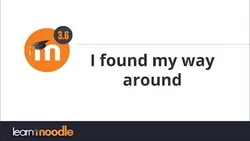
Learn Moodle Basics 36

Save Our Stitches: Fixing Lace Knitting Mistakes

Python for Informatics: Exploring Information

Social Network Analysis

Introduction to Systematic Review and Meta-Analysis

The Analytics Edge

DCO042 - Python For Informatics

Causal Diagrams: Draw Your Assumptions Before Your Conclusions

Whole genome sequencing of bacterial genomes - tools and applications
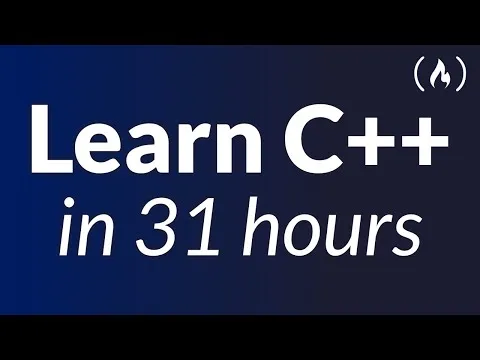
C++ Programming Course - Beginner to Advanced
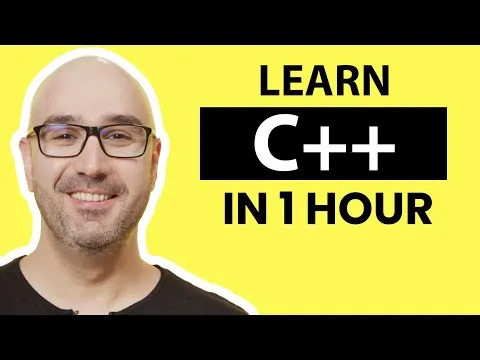
C++ Tutorial for Beginners - Learn C++ in 1 Hour
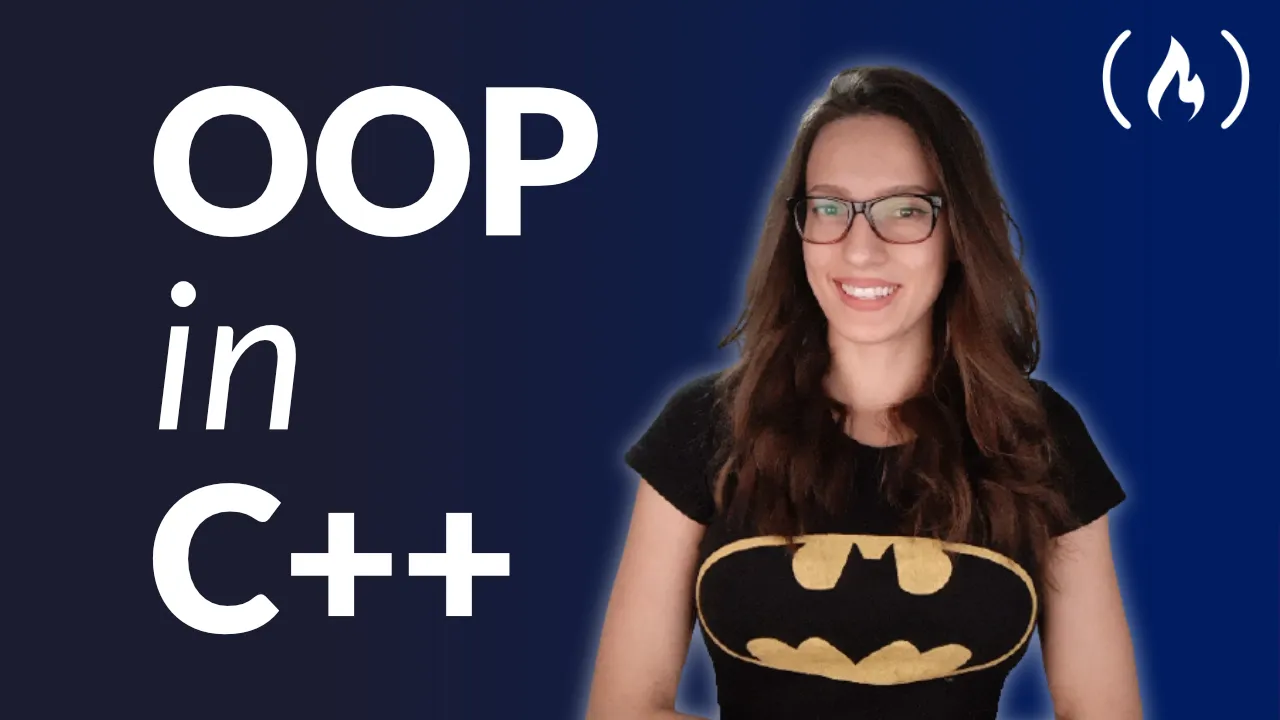
Learn Object Oriented Programming (OOP) in C++ Full Video Course
 Related Categories
Related Categories
 Popular Providers
Popular Providers
Quiz
 Submitted Sucessfully
Submitted Sucessfully
1. What is the objective of this course?
2. What language is used to engineer and build key phases of a compiler?
3. What is the size of the language used to engineer and build key phases of a compiler?


Start your review of Compilers: Theory and Practice